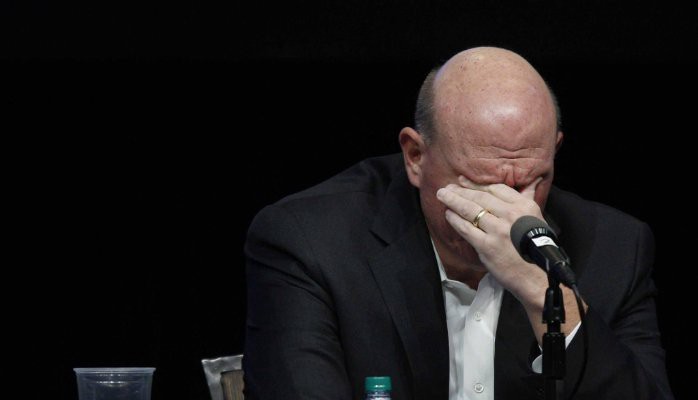
Nokia CEO ended his speech saying this “we didn’t do anything wrong, but somehow, we lost”.
Nokia CEO ended his speech saying this “we didn’t do anything wrong, but somehow, we lost”.
During the press conference to announce NOKIA being acquired by Microsoft, Nokia CEO ended his speech saying this “we didn’t do anything wrong, but somehow, we lost”. Upon saying that, all his management team, himself included, teared sadly.
Nokia has been a respectable company. They didn’t do anything wrong in their business, however, the world changed too fast. Their opponents were too powerful.
They missed out on learning, they missed out on changing, and thus they lost the opportunity at hand to make it big. Not only did they miss the opportunity to earn big money, they lost their chance of survival.
The message of this story is, if you don’t change, you shall be removed from the competition.
It’s not wrong if you don’t want to learn new things. However, if your thoughts and mindset cannot catch up with time, you will be eliminated.
Conclusion:
1. The advantage you have yesterday, will be replaced by the trends of tomorrow. You don’t have to do anything wrong, as long as your competitors catch the wave and do it RIGHT, you can lose out and fail.
- To change and improve yourself is giving yourself a second chance. To be forced by others to change, is like being discarded.
Those who refuse to learn & improve, will definitely one day become redundant & not relevant to the industry. They will learn the lesson in a hard & expensive way.
Sr. ITIL Release Manger @ BCBSNC
2moSo true!
International Best Selling Author | Strategic Certified Business Coach | Advance Sales Training | Consulting
3moI don't often comment but I had to "pipe in". Leon C. Megginson, Professor of Management and Marketing at Louisiana State University at Baton Rouge. Megginson wrote in 1963: According to Darwin’s Origin of Species, it is not the most intellectual of the species that survives; it is not the strongest that survives; but the species that survives is the one that is able best to adapt and adjust to the changing environment in which it finds itself.
Chief Operating Officer, Proficient Capital Limited
3moI wholeheartedly agree with these conclusions, 5 lessons to further buttress and learn here; 1. Adaptability is key: The past offers no guarantees for the future. Continuous adaptation and innovation are crucial for survival in a constantly evolving world. 2. Stagnation is fatal: Complacency, even in a successful company, can breed vulnerabilities. Competitors who seize opportunities thrive while the status quo crumbles. 3. Embracing change is empowering: Taking initiative to learn and evolve shows resilience and a proactive approach to challenges. This mindset paves the way for future success. 4. Reactive change is risky: Being forced to adapt due to external pressures is often a messy and painful process. Proactive growth is not only more effective, but also preserves dignity and control. 5. Lifelong learning is essential: In today's dynamic landscape, continuous learning is no longer a luxury but a necessity. Staying relevant requires a commitment to ongoing growth and personal development. "Nokia lesson" serves as a stark reminder for businesses and individuals alike. His message undoubtedly resonates with anyone who values long-term success and staying ahead of the curve.
Management Development Programme at USB
1yKrishni Arumugam
Dad, President at MIAMI PSPI, LLC; MBA, Private Investigator, & Process Server
1yFriendly reminder to scan the environment for disruptions, identify them, don't ignore them, adjust and pivot, find the right people to help the organization succeed in the new space, repeat.